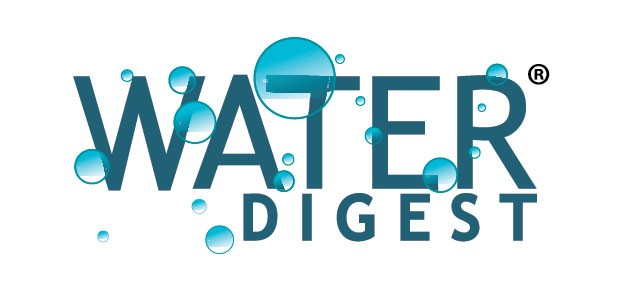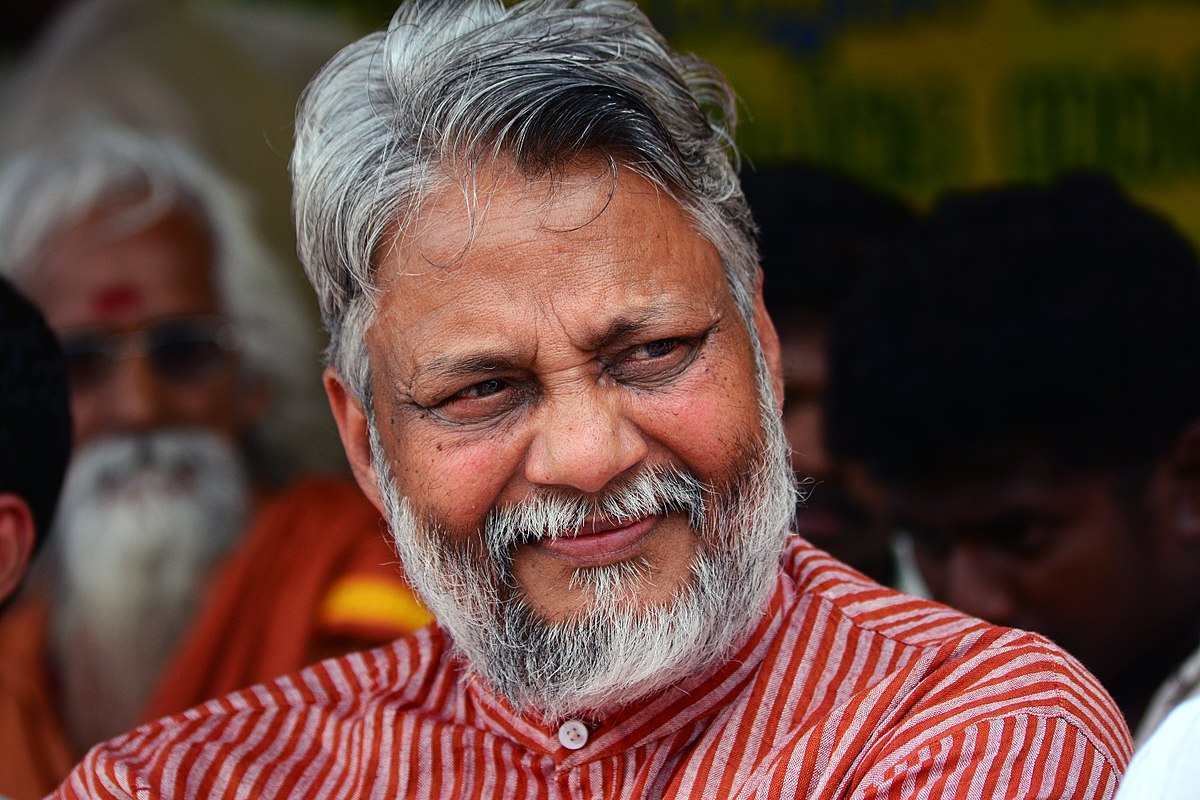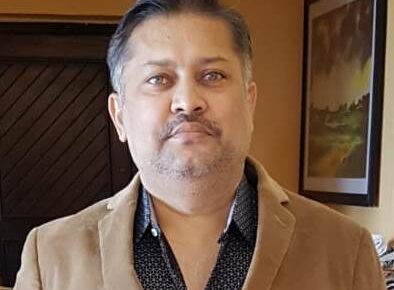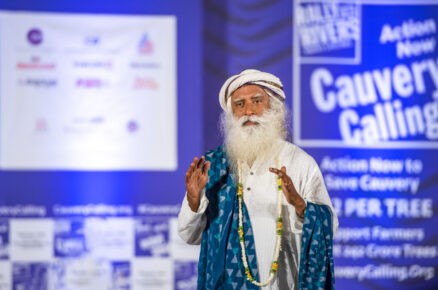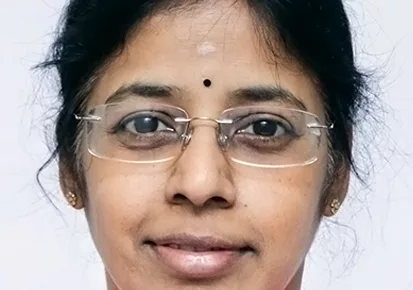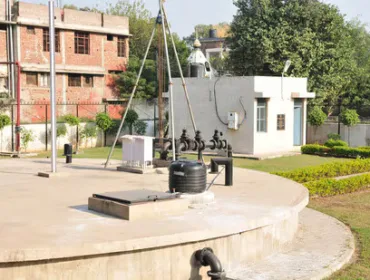Dr Rajendra Singh
Waterman of India
Every Drop of Rainwater Saved Now is a Security for the Future Generation
Rajendra Singh’s attempts at water management and conservation won him the Magsaysay Award in 2001 and Stockholm Water Prize in 2015 for his water conservation activities. He bagged the title of ‘Waterman of India’ for his inspirational efforts. Rajendra Singh joined Tarun Bharat Sangha as a student activist in 1980. He spearheaded the movement of conservation of water in Rajasthan by reviving Johads (small earthen check dams that capture and conserve rainwater and help in meeting our water needs in dry seasons). He was the main force behind the revival of some 3000 Johads spread across more than 650 villages in Alwar district, Rajasthan, starting from 1984. He spoke to Water Digest about the importance of effective saving and management of rainwater.
WD: How did you become the waterman of India? What motivates you to work in this field?
Rajendra Singh (RS): As we all know, the whole world is facing the problem of water shortage and because of it a large part of the population is being replaced. Flood, drought and water scarcity are also playing a major role in leading the world to the third world war. The solution to stop this adaptation and elimination is not possible without climate change. The whole world is exploiting natural resources in the name of development and modernisation, which is affecting the climate adversely. I started my work 38 years back when the villages of Rajasthan were reeling under water scarcity. I learnt everything about water cycle and the balancing of natural resources
After seeing my efforts, more and more people got involved and this is how the journey started. Today, we have developed around 11,800 ponds with the help of people while maintaining the groundwater level. As a result, many people have come back to their villages and resumed their agricultural activities.
WD: Availability of safe drinking water is a big concern. What is the way forward according to you? How in your opinion can Jal Jeevan Mission/Jal Shakti Abhiyaan contribute to the overall water management in India? What is the roadmap to provide safe drinking water as per you?
RS: Today, our natural water resources are fast depleting and our groundwater is also drying up fast. We need to replenish our earth with water. Some extra efforts are needed in this direction. Apart from the government initiatives, we need to focus on managing rainwater effectively so that we can save every drop of water. We need to put an end to buying water. It is a conspiracy to pollute water first then give a solution in the form of bottled water.
I appreciate the efforts of our government but people too have to work wisely to resolve water scarcity issues in a better way. The missions can be successful by managing rainwater. If we want to make these initiatives successful, we need to start the Jal Saksharta Abhiyaan on a large scale to educate people on how to use water effectively so that we can separate contaminated water and freshwater. If we can manage our freshwater resources properly, I am sure we can handle this situation and find a solution to the problem of water shortage.
WD: How closely is the government’s ‘Catch the Rain, where it falls, when it falls’ campaign linked to water security in India?
RS: This mission can definitely contribute to the overall water security and also educate people about the importance of water. No doubt both the missions, Jal Shakti Abhiyaan and ‘Catch the Rain, where it falls, when it falls’ are very useful but first, we need to understand what needs to be done for the conservation of water and then educate others too. We need to approach every step in an integrated manner. The government can only take initiatives like the Jal Shakti Abhiyaan and Jal Jeevan Mission, give resources, mobilise and motivate people but the onus of taking responsibility rests with individuals. Such a shared responsibility between the government and the people will give an impetus to the missions and we can thus achieve the desired results. If we want to run these initiatives for a longer term and more effectively, we need to fix entitled work or responsibilities along with awareness. We need to ensure rights at the community level and participation to successfully drive these missions in India.
WD: Any message for the readers of Water Digest?
RS: Our life is not possible without water. That is why we need to understand its importance, conserve and manage it properly. I would like to congratulate Water Digest on the successful completion of 15 years and also wish that it continues its efforts for bringing about improvements in the water sector.

